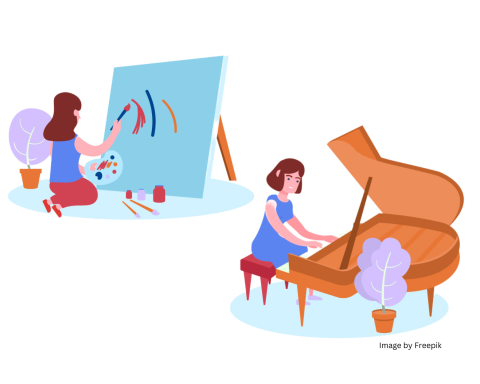
Music Therapy
Music therapy blends creative expression with emotional support, using sound, rhythm, and music to help people communicate, heal, and thrive. If you want to use your music skills to help others, this quick guide sets out what it takes to become a qualified Music Therapist in the UK.
Discover what music therapy involves, accredited training routes, legal registration requirements, and top professional bodies to support your journey.
What is Music Therapy?
Music therapy is a form of psychotherapy that uses music and sound to help people express themselves and work towards personal goals. Therapists may use instruments, singing, rhythm, or improvisation to support emotional wellbeing, improve communication, and aid social, physical, and cognitive development.
Music therapy can support people of all ages and backgrounds. It can be used to help with emotional expression, developmental needs, recovery from trauma, neurological conditions, stress management, or simply to encourage deeper self-expression. Music therapists work in a wide range of settings, including the NHS, schools, hospices, private practice, and community organisations.
Registration & Training
To practise legally in the UK using the title 'Music Therapist', registration with the Health and Care Professions Council (HCPC) is required. To register, you must complete an approved Master’s-level postgraduate course or equivalent apprenticeship.
Course requirements typically require strong musicianship, often backed by a degree in music or equivalent proving high-level performance ability. Applicants from other fields (education, psychology, nursing, social work, etc) may be considered if they can demonstrate musical proficiency and are assessed on personality and suitability.
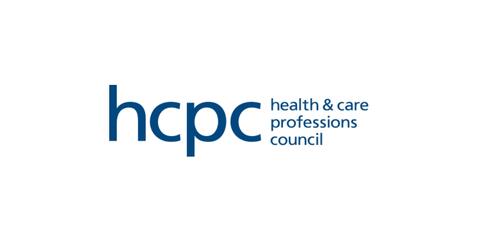
Health and Care Professions Council (HCPC)
For legal and registration requirements, HCPC is the official authority in the UK and holds a public register with the Professional Standards Authority (PSA).
Passing an HCPC-approved postgraduate qualification allows you to legally register as a Music Therapist in the UK, enabling professional practice.
Standards of proficiency for arts therapists >
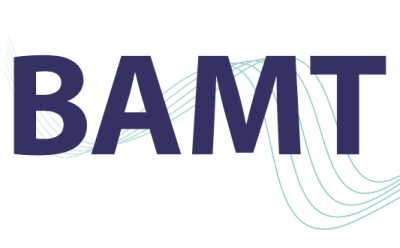
British Association of Music Therapists (BAMT)
BAMT is the main professional body for Music Therapists in the UK. It provides resources including journals, professional development (CPD), networking events, ethical guidance, and support to both students and practitioners.
You can join as a Practitioner Member (reduced rate for first year), or Associate Member (if you a a current student, former practitioner)
Find out more >
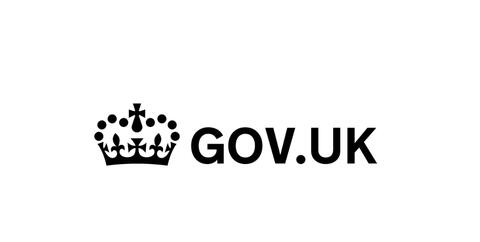
Level 7 Degree Apprenticeship
The Level 7 Art Therapist Apprenticeship (MA/MSc integrated) is a relatively new and exciting pathway to qualifying as an art therapist, and includes options in Music Therapy. It combines work-based learning with postgraduate-level study, leading to HCPC-approved professional
This route is currently offered by a limited number of training providers across the UK, so apprenticeship places are quite competitive and limited compared to traditional MA/MSc courses.
Find out more >
More resources
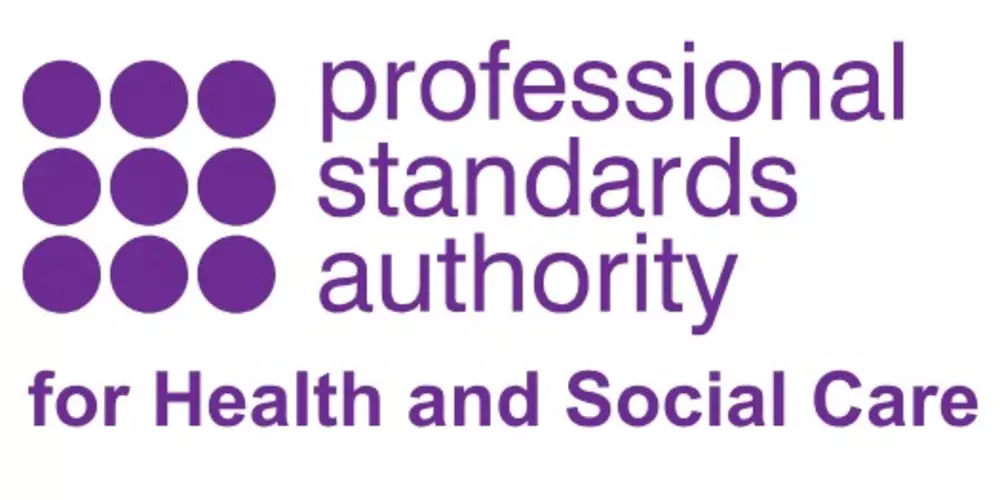
Regulated Professions
Find out more about the UK standards for PSA regulated professionals to help you navigate your career path.

Membership Bodies
There are many UK membership bodies that support and guide art therapists / art psychotherapists throughout their careers.
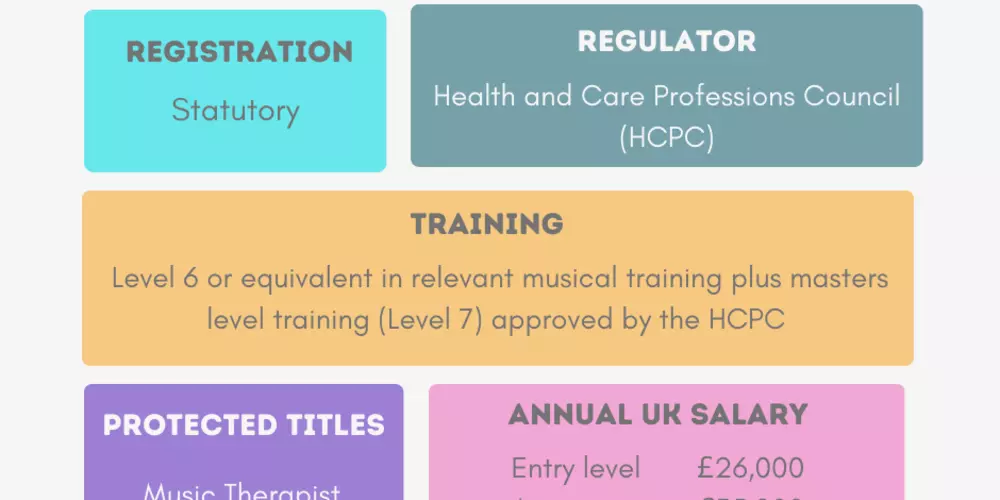
How-to guide
Find out what it takes to train, register, and become a qualified music therapist in our handy career guide.